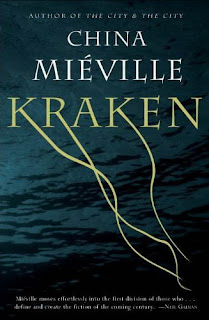The second book of The Hunger Games trilogy reunites us with Katniss and Peeta - the winners of the previous year’s Hunger Games. They’re walking the tricky line of being the first co-winners of the Hunger Games, a contest that has never had more than one winner. Their unique situation inspires rebellion among the districts against a violently controlling Capitol and especially places Katniss in a very precarious position. She must cow-tow to the Capitol - feigning love for Peeta and going through the preparations to marry him while indulging in her rebellious spirit - sneaking off outside the walls of her district to hunt with the boy she truly loves.
Then, the announcement is made - it’s a Quarter Quell - a special year in the Hunger Games where new stipulations are introduced just for this Games. The new rule is that only past winners can go back to the Games; one girl and one boy from each district. Katniss is the only girl winner from District 12. In she goes along with her “partner” Peeta. The Games begin again.
Catching Fire focuses on themes more mature than what we saw in The Hunger Games. Yes, self-preservation within the arena and gruesome violence are both still covered, but Katniss is heading toward adulthood and that alters what she sees and feels. Love, for one thing is explored as Katniss hides her love for Gale while fighting off sexual urges she begins to feel when she kisses Peeta. Political tyranny and what the common man must suffer in order to rebel is also a central theme to the novel. Violence is observed beyond the arena in Districts’ squares as deadly punishments are doled out by the agents of the Capitol. The Capitol-ordered brutality seen in the districts is almost more gruesome than what occurs during the Hunger Games - it’s slower and meant to cause pain while the violence in the Hunger Games is from an immediate necessity of survival.
At the same time these complex themes are being explored we’re still reminded that Katniss is just hanging onto the edge of adulthood; mostly she’s still just a child. Her comprehension of what’s going on is limited and her ideas of rebellion are poorly thought out and immature. What will running away to a shack in the woods solve?
Equally exciting as The Hunger Games but with a very different, heavier, feel, Catching Fire takes us further into the world of Panem. We go beyond the scarcity of District 12 and the over-indulgent glamour of the Capitol to see the world everyone lives in - and it’s a bleak place. Again, it was so easy to become attached to the characters and their story that putting the book down was difficult. We might have read straight through if we didn’t have Olivia bringing us back to reality.
We highly recommend the book but stress that you must read these in order. The second would lose power without the background gained from the first. Pick up the whole trilogy. Once you start, you don’t want to stop. We’re already reading the final book in the series, Mockingjay.


